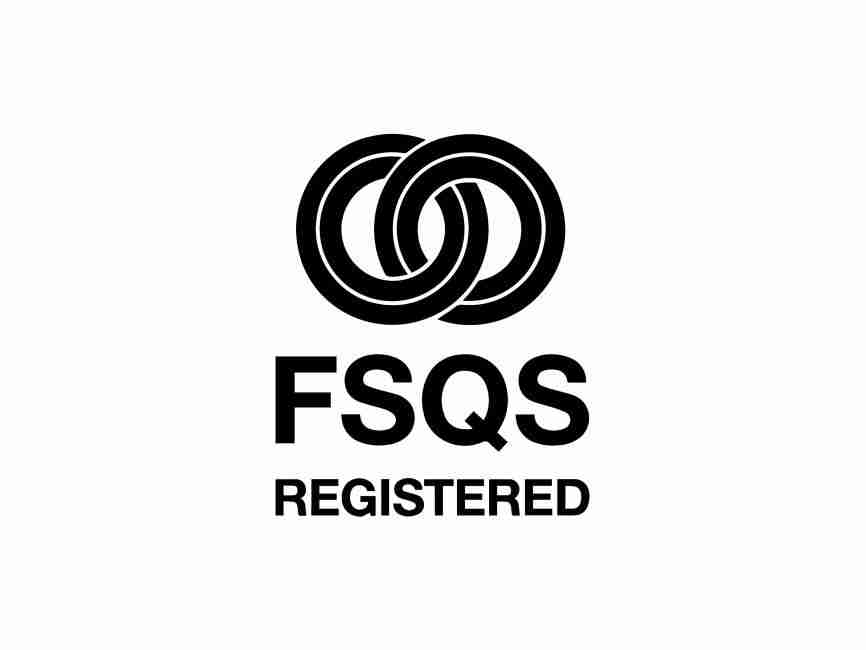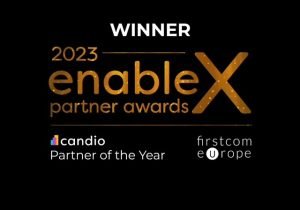In the past decade we have seen an increasing need for businesses and contact centres to improve customer service and satisfaction. Call recording is a popular feature that contact centres and offices implement so that they achieve better outcomes for their callers, improve their brand as well as making their staff more productive.
In this article we take a closer look at call recording, why it is so valuable and whether it is something that any business could benefit from.
In 1903 a patent was granted for a telephone answering and recording machine by Theodore and Carl Freese. The machine used a recording on a wax disk to play a message to callers. Since then, numerous pieces of technology have emerged to improve and simplify the process. Call recording solutions today are entirely digital and are often part of a contact centre or business telephony platform.
Why record calls?
A company that records calls can use the insights from those conversations to drive better customer experiences, identify areas for training and streamline business processes.
Some industries are required to record calls to comply with regulations and standards within their sector. Even if you are not obliged to record conversations, it is often beneficial for businesses to do so.
- Keep accurate records
If you are being audited or having to provide evidence for a customer transaction or for legal proceedings, call recording can be a big help. Sales people often use call recordings to go back over exactly what the prospect was said, so that they can be sure not to miss anything. It is far more accurate than handwritten notes and means the staff member can give the customer their full attention without being worried about note taking.
- Quality assurance
Quality monitoring is the top reason that businesses adopt call recording solutions. The only way for contact centres and businesses to know if their agents are handling calls efficiently is to monitor the calls. Managers and supervisors can playback the calls, assess the information shared, the tone of the voice and manner.
- Coaching
Keeping a log of inbound and outbound calls allows you to refer to past calls, whether a customer wants to let you know about the good customer service they’ve received, or wants to make a complaint, you can easily access and play back the call you need. Once you know what a good call or a bad call sound like for your business, you can use call recordings as part of the training for your team on what they should or shouldn’t be doing. Nothing beats real-life examples when it comes to staff training and performance improvement.
- Dispute resolution
Call recording systems are an effective tool for resolving disputes. Customer disputes are not uncommon for companies who offer goods and services. Recorded conversations allow you to go back and check details like the order history and what was agreed. By listening to recordings of disputes, the manager can determine how effectively the agent handled the issue and whether an escalation was requested. Measures can then be put in place to avoid a similar situation happening again.
Conclusion
Since the first call recording in the 1900s, technology has been evolving to improve and simplify the process. In the past call recording systems were expensive stand-alone pieces of hardware. Today’s hosted or cloud-based call recording solutions allow smaller companies access to this useful tool. There is no complex, costly onsite equipment to worry about, and there is no limit to the number of recordings that can be taking place at the same time. What is more, with cloud technology you can offer call recording to agents working from anywhere – crucial in the age of hybrid working.
Through the data collected from your call records you can leverage useful insights into your customers’ experience and preferences. You can also use it to look at trends in your conversations to work out what strategies and scripts are most successful for your employees.
Call recording isn’t just an add-on to your business telephony. Used properly it is a valuable business tool that ensures compliance and empowers your business to deliver better results.









